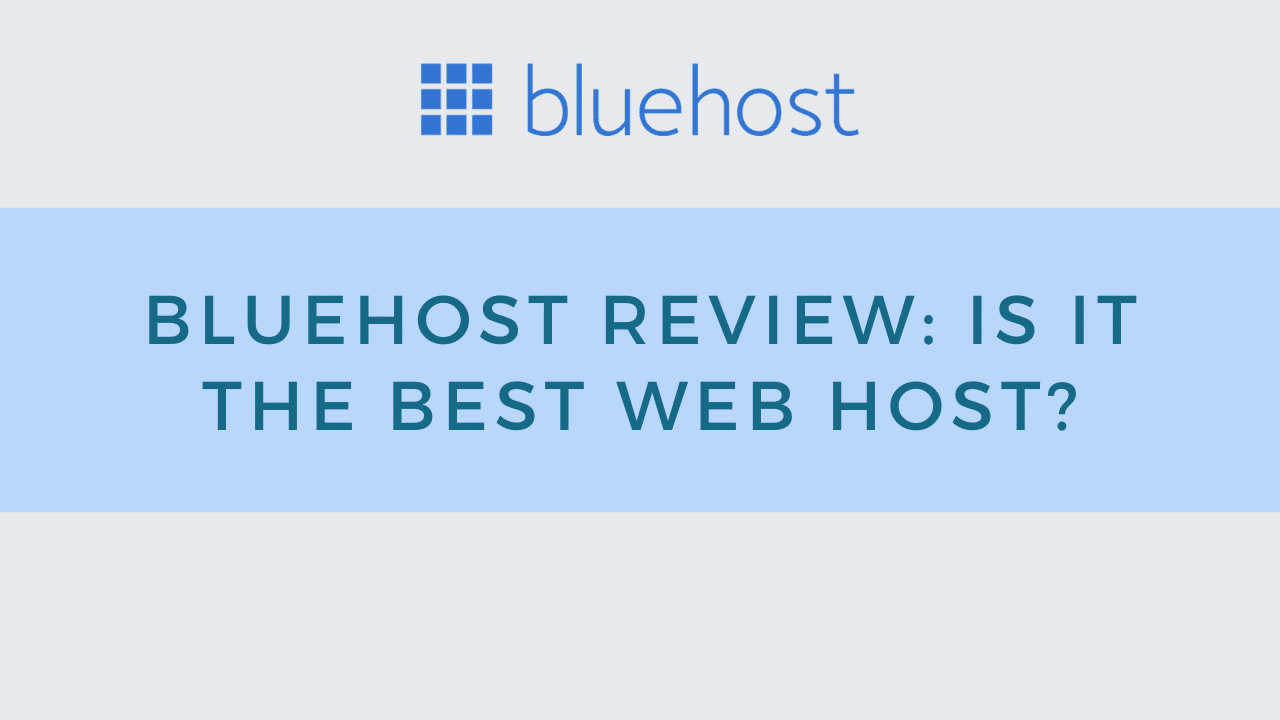I understand the desire to keep costs low when developing a website or blog. Nevertheless, some tools are worth investing in, and SEMrush is one of them. Because the question – how accurate is SEMrush?
Is the data provided by this solution helpful? Based on my website’s success, I am confident to say: YES!
This article is for all of those people who are skeptical about SEMRush. Numerous individuals believe it’s a waste to spend money on any keyword research tool, regardless of the cost.
While I don’t deny that you could make do with free SEO tools, the success of my business would not be where it is today without developing a content strategy based on SEMrush’s data.
A Look at Categories to Gauge SEMRush Accuracy
SEMrush is incredibly comprehensive, offering a wealth of data that can benefit you. However, the information I find valuable might not align with your needs and vice versa – it all depends on what type of insights help you achieve success.
However, the key takeaway is that it delivers a wealth of beneficial information that can help you develop your online business quicker than if you were attempting it independently. Much faster, indeed!
SEMrush is the core of my digital marketing toolset due to its invaluable data, making it an essential piece for me as a blogger.
Now is the perfect opportunity to explore all of the data SEMrush offers. From my experience with using SEMrush daily, I can vouch for its accuracy and provide an honest evaluation of what you can get from it.
Keyword volume
SEMrush reveals a certain keyword’s estimated monthly traffic volume as its first piece of data. This metric gives you an idea of how much attention your keyword is getting per month. Monitor changes in this number to ensure your content remains relevant and visible!
From my perspective, their keyword volume estimations seem to be a bit on the conservative side. This isn’t to say that every number they present is always lower than what Google Analytics reflects—just overall, I’m finding that their estimates are usually slightly more modest in comparison.
Keyword volume assessments can vary in accuracy. Generally, though, I’d anticipate the figures to be 10-15% higher than what is reported when you search for them.
Keyword difficulty
This is a crucial factor to consider when I analyze a keyword. Its search volume could be 20,000 monthly, but it won’t make any difference if it’s too difficult for me to rank for. Evaluating the competitiveness of keywords is one of the first steps in my process to ensure that I am targeting ones with an achievable ranking potential.
SEMrush’s keyword difficulty score is more rigorous than the one found in AHREFS. This metric stretches from 1 to 100, with 100 being the most challenging keywords. Yet during my experience going after any given keyword, I’ve noticed they usually have a rating ranging between 70 and 90 on the scale.
It’s not impossible to rank even the most difficult keywords with a difficulty score of 90. I placed them on page 2 in search results for my websites with low domain authority. Ranking became easy for those with lower difficulty scores (around 70)!
CPC (cost per click)
Although I don’t consider Cost per Click (CPC) a top priority in keyword selection, it still holds some worth. Undoubtedly, there are certain advantages to understanding the financial value of each search term and how CPC can affect your website traffic.
For instance, if I discover that a given keyword’s cost-per-click (CPC) is high, it implies that many entities are willing to invest money into campaigns featuring this keyword. In other words, it has a solid commercial appeal.
Competitive analysis
Let’s face it, spying on others and observing what they are up to is an entertaining activity. Fortunately for you, SEMrush provides a simple way to do just that. With the many ways available via SEMrush to find out who your competition is – my personal favorite is the simplest one- letting it uncover them automatically!
SEMush is an invaluable tool for discovering your rivals, as it offers meticulous keyword research to pinpoint precisely who and where the competition stands. With this competitive analysis platform, you can not only grasp what keywords they are optimizing their content for and how much traffic they receive – but also discover precisely which websites link back to them.
SEMrush has accurately identified the websites that are my competitors more often than not.
Although the competitive intelligence SEMrush provides isn’t always accurate, I’ve found their insights beneficial. Thanks to them, I’ve discovered various websites in the same niche I had no idea existed!
On top of that, employing SEMrush will help you identify and evaluate your competition before starting your website – making it an invaluable tool.
Backlink profiles
From simply displaying a listing of backlinks to conducting an audit, the SEMrush Backlink Audit tool is nothing short of remarkable. What’s more, I’ve noticed that both AHREFS and SEMrush show me different numbers for the same website regarding tracking backlinks!
I’m incredibly wary of the data I access online, so I usually cross-reference most information with Google’s Search Console to ensure accuracy and reliability. In a nutshell: SEMrush often shows my number of backlinks similar to what the GSC is displaying. It may be difficult to prove which platform is exact in this case, but it’s worth noting that even Google could be misleading.
If you’re looking for a superior backlink metric, SEMrush is the one to go with. It will tell you exactly how much spam probability there is in any given link connected to your website. Moreover, it allows you to disavow or leave that particular connection as-is.
Keyword ranking
Understanding the performance of your site for specific keywords is not complex. Nevertheless, one of the main queries people ask when they want to comprehend SEMrush’s accuracy is how well their website ranks compared to others.
After examining both SEMrush and ahrefs, it becomes clear that they are showing the same data. However, there is one minor distinction: with SEMrush, you can access daily updates to their database even when subscribed to its basic plan – something beneficial for someone as active in content creation as me who doesn’t have time to wait a whole week for new information!
Keyword discovery
Unearthing the perfect keywords is what I adore about SEMrush. The main reason I pay for their services is to swiftly get a list of unique keyword inspirations that never crossed my mind. And you know what? Their keyword tool works like magic!
By entering a single keyword into SEMrush, you’ll get unlimited potential keywords associated with your query. You can arrange the list according to search volume, difficulty score, related questions, and other factors – making it easy to use! This excellent tool is worth every penny of its subscription fee.
This list is entirely accurate. Compared to ahrefs, SEMrush typically gives a more vast selection of potential keywords for any expression I use. This leads me to surmise that they have an extensive database of key phrases than the other services, and I always visit them first when working on keyword exploration.
How to get the most accurate data possible from SEMrush
To make sure I’m getting accurate results, more often than not, I compare the data that SEMrush provides with other platforms.
1. Compare your data with AHREFS
To confirm the accuracy of SEMrush, I compared its metrics to those from ahrefs – an alternate option if you’re seeking a slight variation. On occasion, I also use ahrefs and have found it to be reliable.
It’s clear-cut that both SEMrush and ahrefs deliver mostly the same data, and they don’t have much of a distinction, which gives you all the more confidence in their accuracy.
2. Use Google to Verify
To further confirm the data you receive from SEMrush, take a peek at what Google says about it. Suppose you question the competitive score of a particular keyword identified via SEMrush – head to Google and search for that specific keyword! By double-checking, you can gain an even more accurate assessment of your findings.
Frequently Asked Questions
What are the benefits of using SEMrush for digital marketing?
SEMrush provides a comprehensive suite of digital marketing tools for SEO, PPC, content marketing, social media, and competitive research. It helps you to improve your website’s search engine ranking, track your competitors, and make data-driven decisions for your marketing strategies.
How does SEMrush differ from other SEO tools?
SEMrush offers a unique and powerful combination of features that set it apart from other SEO tools. It provides a single platform for all your digital marketing needs, giving you a complete view of your online presence. Additionally, it provides in-depth analysis and insights that allow you to make informed decisions for your marketing campaigns.
Can SEMrush be used by both beginners and advanced marketers?
Yes, SEMrush is designed to be user-friendly and accessible to marketers of all levels, from beginners to advanced users. It provides easy-to-use interfaces, step-by-step tutorials, and online resources to help you get started, as well as advanced features for more experienced users. Whether you are just starting out or are a seasoned digital marketer, SEMrush has the tools you need to succeed.
The bottom line
If you’re wondering how accurate SEMrush is when comparing data with other platforms, the answer is: Very. While no keyword research tool can ever be completely perfect, I have always found that whatever metrics are provided by SEMrush have been more beneficial than detrimental in most cases.





